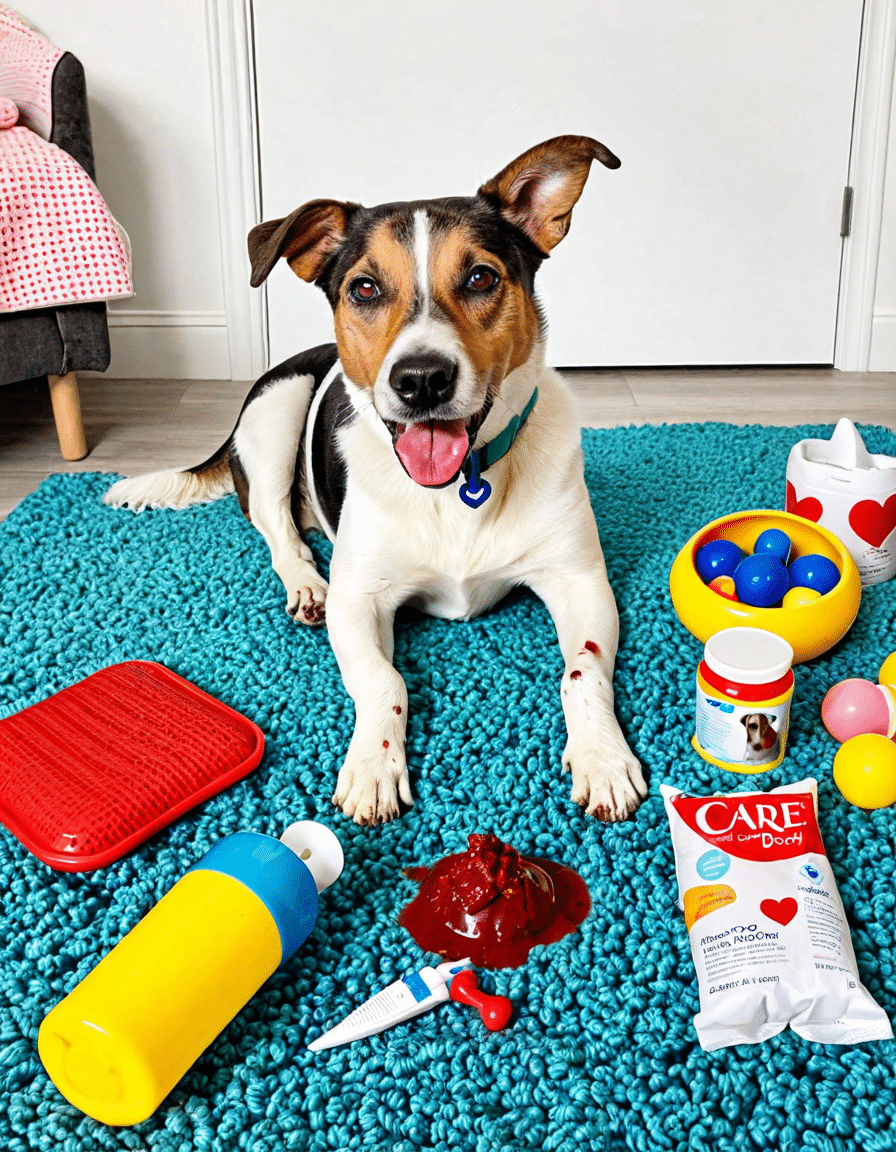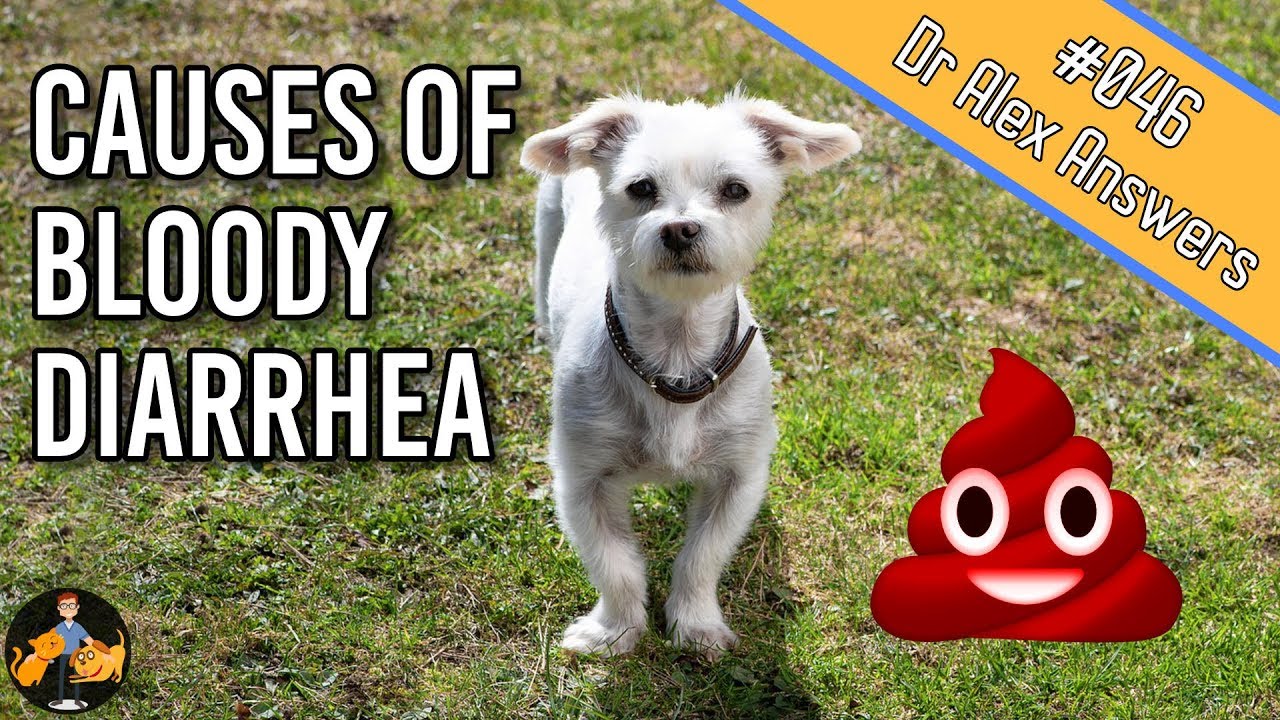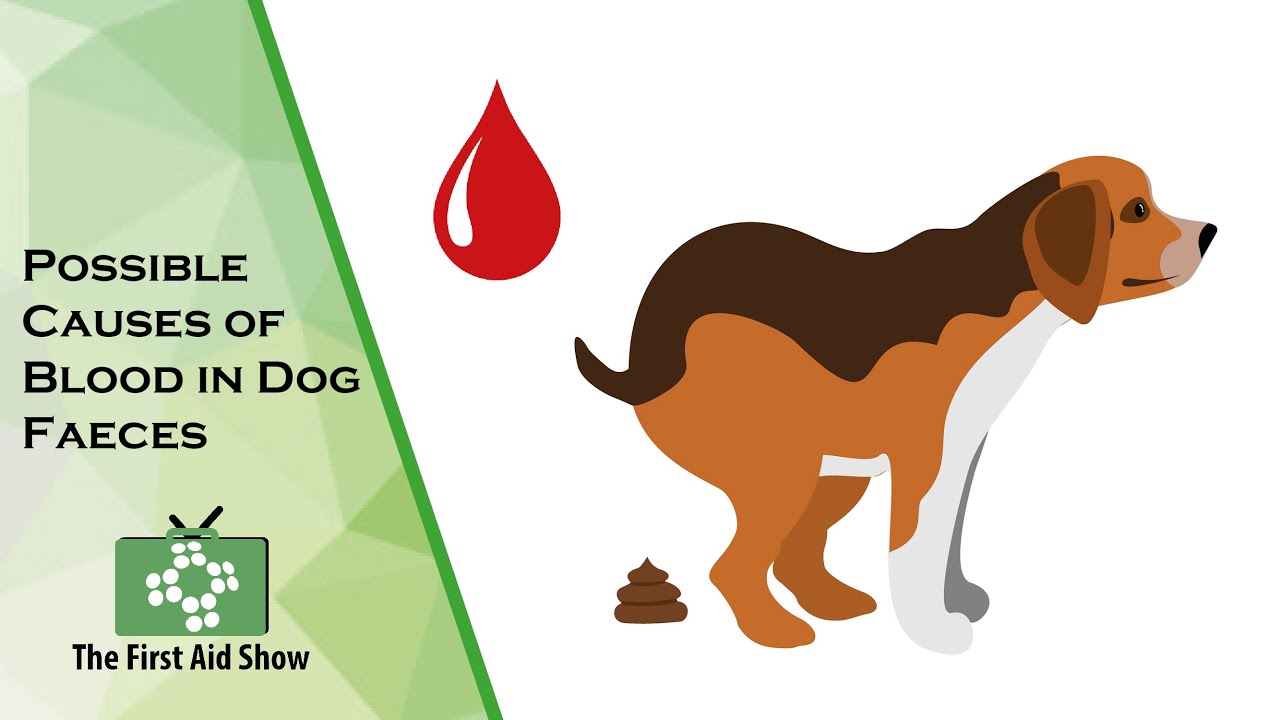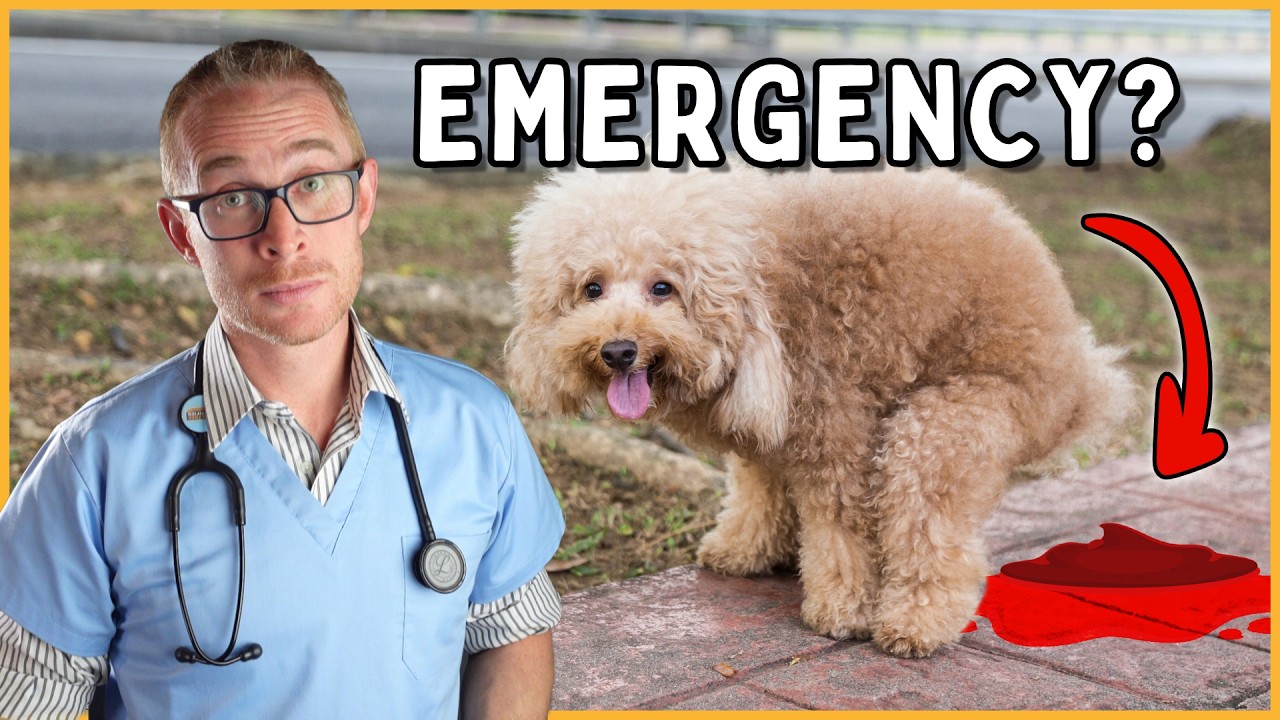Seeing that your dog is pooping blood can be a shocking experience. As a loving pet owner, your first instinct is to panic, but it’s crucial to stay calm and take immediate action. Blood in your dog’s stool usually indicates an underlying health issue that needs attention. In this article, we’ll look into why your dog might be pooping blood, outline common causes, and share steps you can take to address it.
Understanding the reasons behind your dog pooping blood can help you take better care of your furry friend. This article covers essential information that you need to know right now. Be proactive; it’s always better to be safe when it comes to your pet’s health.
Top 7 Causes Behind a Dog Pooping Blood and What to Do Next
Gastrointestinal parasites like hookworms, whipworms, and roundworms are a common cause of bloody stools. If your dog is pooping bloody mucus or showing signs of anemia (like pale gums), it’s time to book that vet appointment. A quick fecal test can help confirm the presence of parasites, and safe deworming medications from trusted brands like Zoetis can effectively address the problem. Regular deworming every three months can prevent these pesky invaders from taking hold.
Your dog might develop bacterial infections from eating contaminated food or spoiled items, leading to serious intestinal issues. Salmonella and E. coli are the usual suspects when it comes to this kind of infection. Watch for other signs such as vomiting or diarrhea alongside your dog pooping blood. Quick diagnosis and treatment with antibiotics can help your dog bounce back and return to normal in no time.
Dogs can be curious little creatures, sometimes munching on stuff that isn’t food. If your pup has swallowed a foreign object, this may lead to blockages or, worse, punctures in their intestines. Symptoms include agitation, lethargy, or a lack of appetite. If you suspect this is the case, don’t wait—contact your vet immediately. A swift response is essential in preventing serious complications.
Sudden dietary changes can throw your dog’s digestive system off-balance. If your furry friend recently dined on table scraps or a new protein source (like duck), their stomach may not be too pleased. Changes in diet can lead to gastrointestinal upset and potentially bloody stools. It’s wise to stick to high-quality dog food from reputable brands like Royal Canin. Transition slowly to prevent any digestive issues.
IBD can cause chronic inflammation in the intestinal lining, resulting in blood in the stool. Dogs with this condition often experience weight loss, vomiting, and chronic diarrhea. Your vet may recommend a hypoallergenic diet or even corticosteroids to manage symptoms. Keep a close eye on your dog’s eating habits and weight, as these factors can greatly impact their overall health.
Unfortunately, the presence of blood in your dog’s stool could signal something more serious, like tumors in the intestines or colon. Weight loss, vomiting, and lethargy may accompany this rather distressing symptom. Seeing your vet for imaging and possibly biopsies is key to early detection. The sooner you catch it, the better the chances are for successful treatment.
Conditions affecting the blood’s ability to clot can lead to bleeding in your dog’s gastrointestinal tract. Issues like hemophilia or liver disease can result in blood appearing in stools. If you notice your dog is pooping blood and has other symptoms like excessive bleeding from wounds or gums, don’t hesitate—seek veterinary care right away.
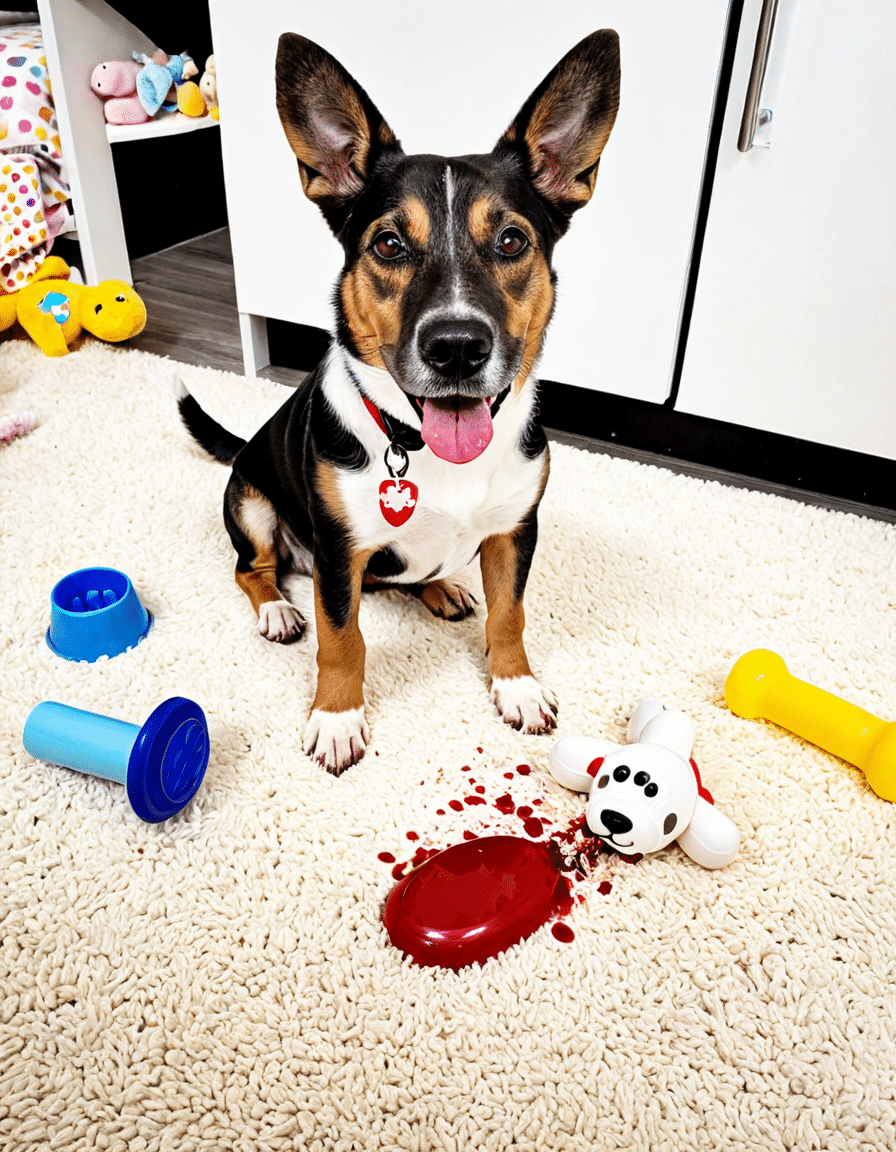
What to Look For: Symptoms Alongside Dog Pooping Blood
When your dog is pooping blood, there are several accompanying symptoms to watch out for. These details can be invaluable when discussing your dog’s condition with your vet.
Immediate Actions to Take If Your Dog Pooped Blood
If you’ve confirmed that your dog pooped blood, act quickly.
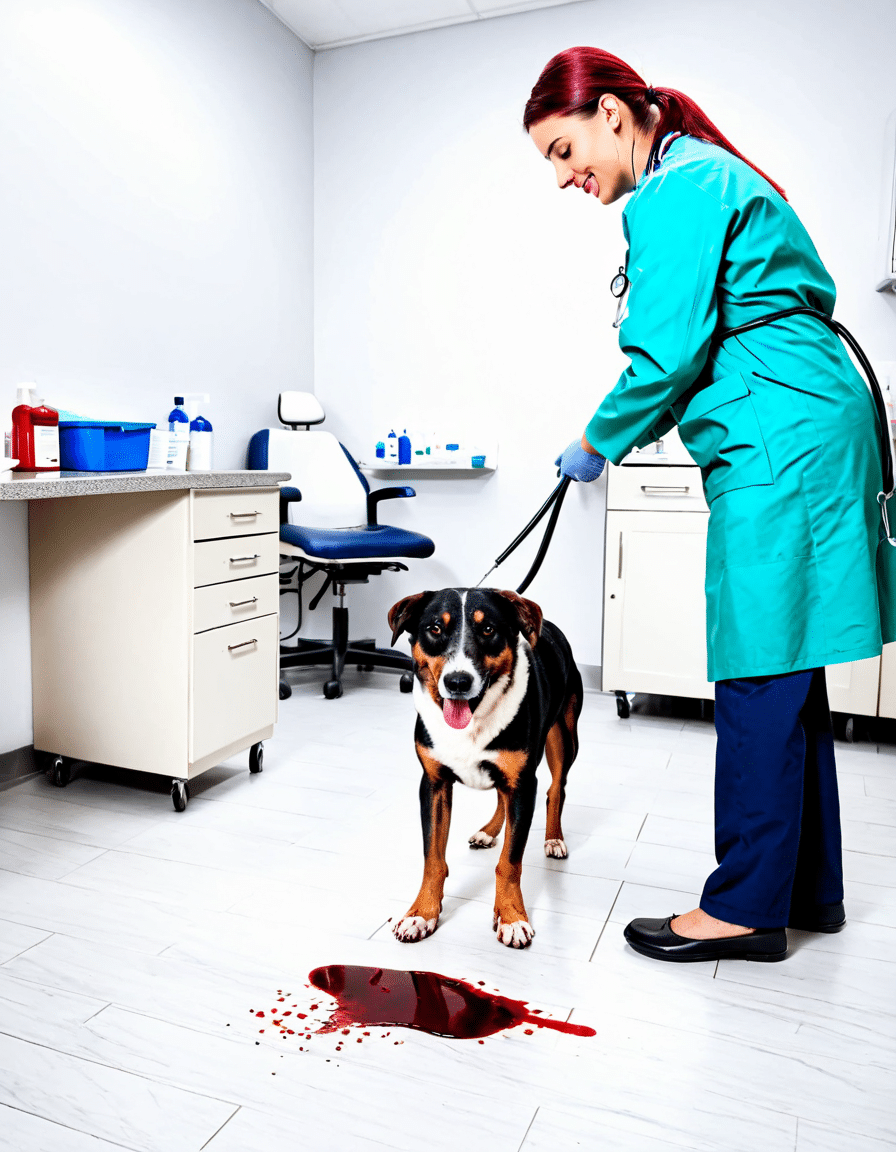
Innovating Prevention: Keeping Your Dog Healthy
The best way to handle the situation is to prevent health issues before they start. Here are some actionable tips for keeping your dog healthy:
If your dog is pooping blood, take it seriously. Swift action and a good understanding of the potential causes will help you keep your furry friend happy and healthy. Stay informed, and you’ll provide the best care possible for your beloved companion.
Dog Is Pooping Blood: Fun Trivia and Interesting Facts
Understanding the Mystery of Blood in Your Dog’s Stool
When you notice that your dog is pooping blood, it’s enough to send any pet parent into a panic. Did you know that certain breeds are more prone to digestive issues? For instance, the adorable شیتزو often faces a range of health challenges due to their unique physiology. Similarly, a mixed breed like an English bulldog mixed With Shih Tzu can also be susceptible to gastrointestinal problems. It’s essential to stay informed about your dog’s breed-specific needs when concerns about blood in their stool arise.
The Importance of Quick Action
Timely intervention can make all the difference when dealing with such alarming symptoms. Fun fact: many pet owners overlook that high fin tetras require a spotless tank environment, just like healthy dogs need a clean diet to avoid digestive hiccups. If you suspect that your dog is experiencing blood in their stool, remember that quick action could save their life. It’s a good idea to keep your vet’s contact info handy, similar to how you’d remember anything important like a friend’s take on a fantastic read such as Sheila Atims latest work.
Staying Calm and Informed
While it can be stressful, staying calm is crucial. Explore the factors contributing to your dog’s health challenges. For example, dogs can sometimes eat poisonous plants, impacting their digestion. To put things in perspective, consider how trendy pets like a blonde cocker spaniel might appeal to those who enjoy a cuddly companion. Just like those adorable critters, our four-legged friends need love and care to thrive. Remember, maybe Buffers need To take a nap sometime today – for both you and your pet! Always ensure to consult with professionals if your dog is pooping blood, and don’t forget that their diets play a pivotal role in their overall health.
